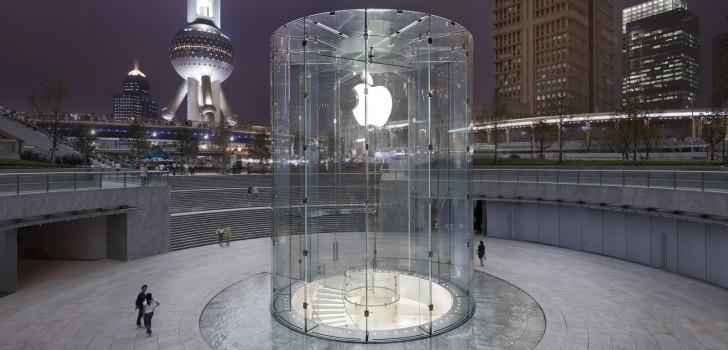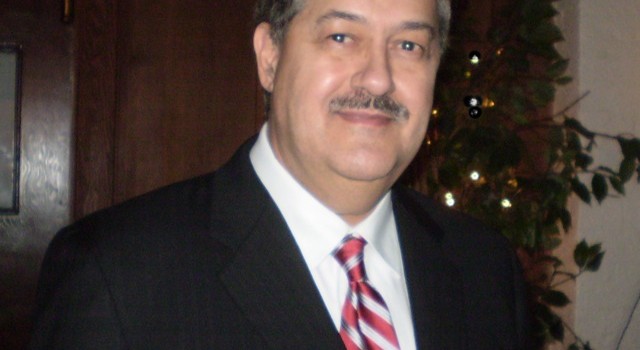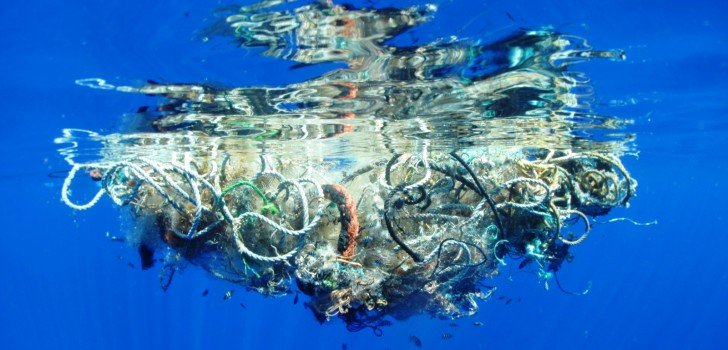Canada’s citizenship by birth laws are being severely tested by the sons of a Russian couple who were outed as “deep cover” spies in 2010 after having lived for 20 years as Canadian citizens. The duo assumed the identity and citizenship of two people who had died as infants.
Alexander and Timothy Vavilova, 21 and 25 respectively, have sued the Canadian Government, claiming they are being denied their birthright to Canadian citizenship.
They are the children of Russian operatives Andrey Bezrukov and Elena Vavilova, Russian who were “planted” into Canada to develop identities and backgrounds that would allow them easy access into the United States and then eventually American citizenship.
The pair stole the identities two Canadians who had died when babies – Tracey Foley and Donald Heathfield, and managed to avoid detection for 20 years until their arrest in the USA in 2010 and deportation to Russia in a spy swap.
Before moving to the States the couple had lived in Toronto where they had two children, something which authorities are arguing was part of a master plan to allow them to blend into everyday American life as a close knit family.
The real life plot parallels the hit TV show ‘The Americans’ which features a similar deep cover Russian spy family living in the United States.
When Bezrukov and Vavilova were deported, their two children naturally went with them and now five years later the pair are arguing they have the right to Canadian citizenship.
“I am first and foremost Canadian,” said Timothy Vavilova in documents submitted to the court. “I have lived for 20 years believing that I was Canadian and still believe I am Canadian, nothing can change that.”
His brother Alexander claims in the documents that his Canadian heritage is “an important part of who I am. It is the only culture I can associate with, and has been a cornerstone of my identity.”
However Canadian intelligence is not buying into the brothers’ citizenship plea, accusing Timothy Vavilov of being a Russian operative just as his parents were.
The two brothers’ citizenship by birth was revoked in 2014 with Citizenship and Immigration Canada (CIC) telling them children born in Canada to foreign government representatives weren’t eligible for Canadian citizenship.
But experts say the Vavilov brothers have somewhat of an edge in their legal battle for citizenship, because the Canadian government made two major “slip ups”. In 2012 they granted Alexander Vavilov a student’s permit to study in Canada, which was later cancelled after his parents’ background was discovered. In 2013 the government sent him a certificate of Canadian citizenship, with Passport Canada agreeing to renew his passport, until “officials” managed to persuade them to change their minds.
Sergio Karas, a Toronto based immigration lawyer said “It is interesting that it took so long for the authorities to realize that the application for citizenship was without merit, since they had already known that the parents’ citizenship was fraudulent.”
CIC’s documents obtained by the media show that The Canadian Security Intelligence Service believes the older Vavilova brother now works for the same organization that deployed Andrey Bezrukov and Elena Vavilova to Canada and then the U.S. – the Russian SVR Foreign Intelligence Service, but that “It is not know if Alexander has also pledged allegiance to the SVR.”
In documents submitted to the Canadian courts, Timothy Vavilov denies he was groomed to be a spy by his parents and he accuses Canadian authorities of attempting to “tarnish our lives.” and that he and his brothers had been “warned” to not apply for Canadian citizenship
“The representatives of the Canadian Secret Service stated that ‘if you continue, there will be consequences — for example, a campaign to publish damaging information about you in the press,’” he said. “I have a strong belief that the reason for the revocation is political and is not something we can influence.”
The Canadian Federal Court has yet to decided on Timothy Vavilov’s case, but it has upheld the government’s decision to revoke his brother Alexander’s Canadian citizenship.












